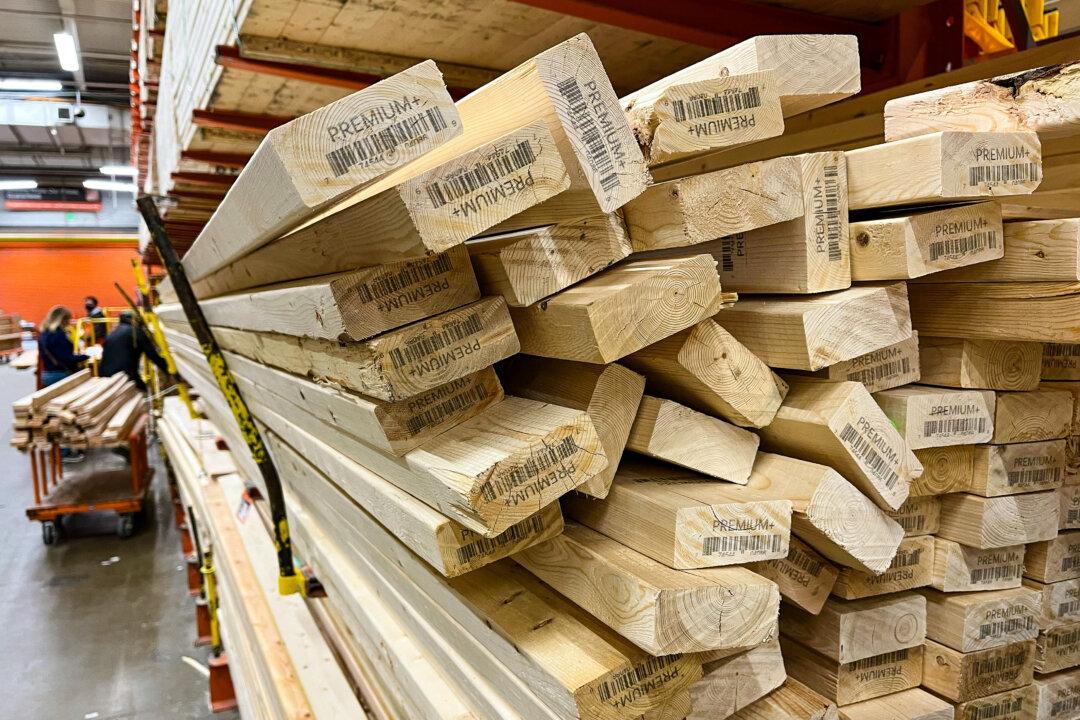President Donald Trump said on Feb. 19 that he will soon announce new tariffs on lumber and other forest products.
Trump said at an investment conference in Florida that he will be announcing tariffs on lumber in addition to other products he had previously said would be subject to tariffs, including cars and pharmaceuticals, “over the next month or so.”





